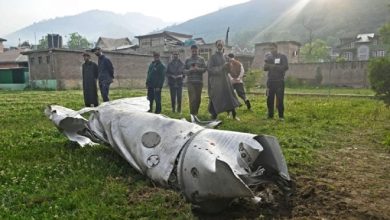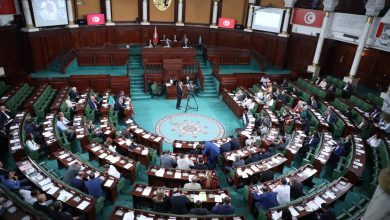Injustice Behind Bars: Palestinian Journalist Denied Release, Infant Suffers in Israeli Custody
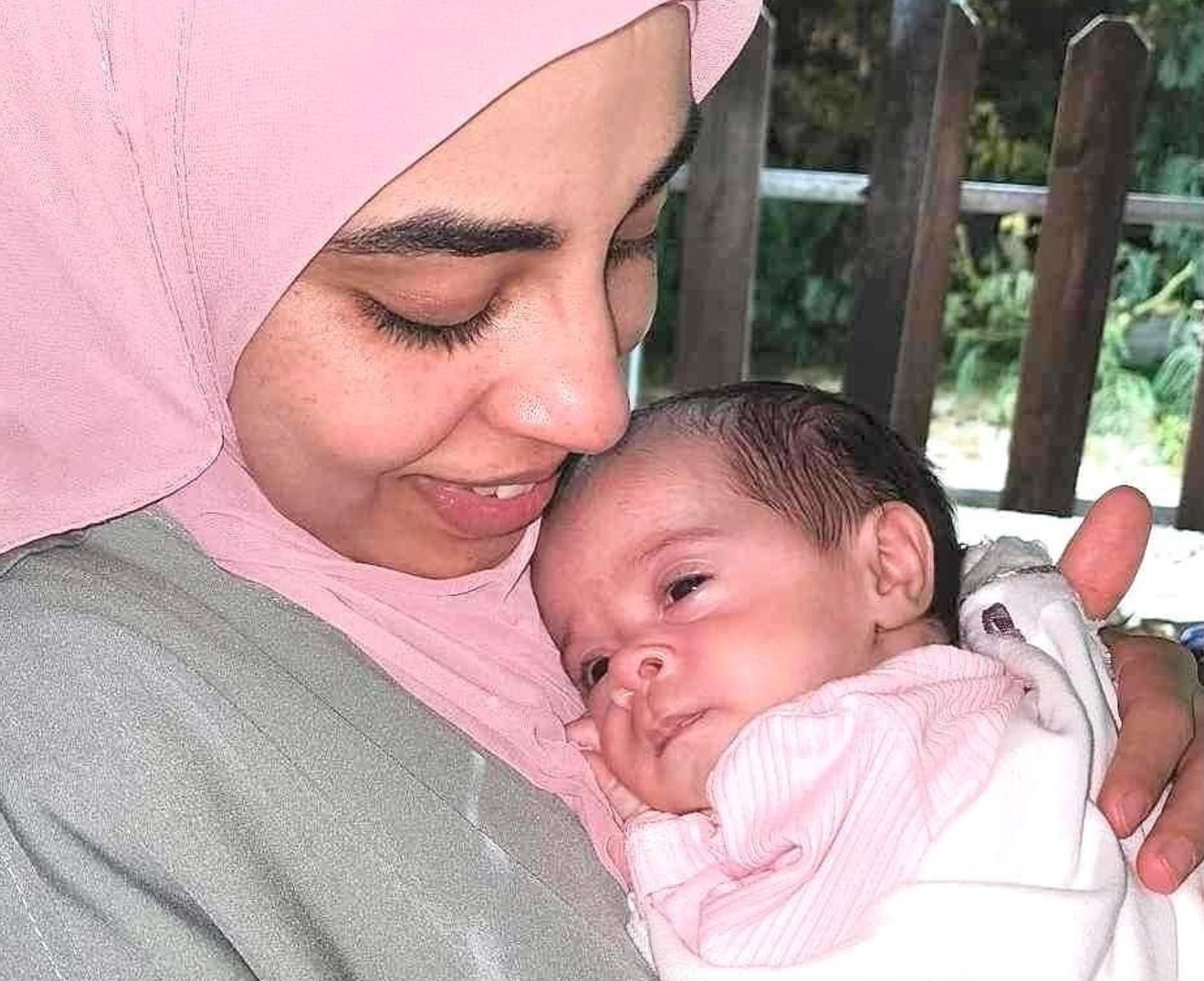
Watan-An Israeli court has refused to release a Palestinian journalist, whose prematurely born child depends solely on her mother’s milk for nutrition.
Rula Husseini, 29, was arrested on March 19 when several Israeli forces raided her home south of Bethlehem in the occupied West Bank.
She was charged with incitement on social media, a charge repeatedly levied against Palestinians since the outbreak of the war in Gaza on October 7.
A military court, based in the Ofer Prison compound in the West Bank, postponed Husseini’s trial for the third time and rejected bail and release requests made by her lawyer. The trial is now scheduled to take place on Monday, according to the Middle East Eye.
Last year, Husseini gave birth to twins, Ilya and Yusuf, two months before the scheduled date due to health complications. Yusuf died after three hours.
Ilya was in the neonatal intensive care unit (NICU) during the first forty days of her life. She is now nine months old and suffers from a weakened immune system, leading to sores appearing on her buttocks, feet, and mouth.
This condition makes it difficult for her to breastfeed, forcing her to rely solely on her mother’s milk.
Shadi Barghouti, Husseini’s husband, said, “The child was screaming and crying in her room after waking up to the sounds of soldiers.”
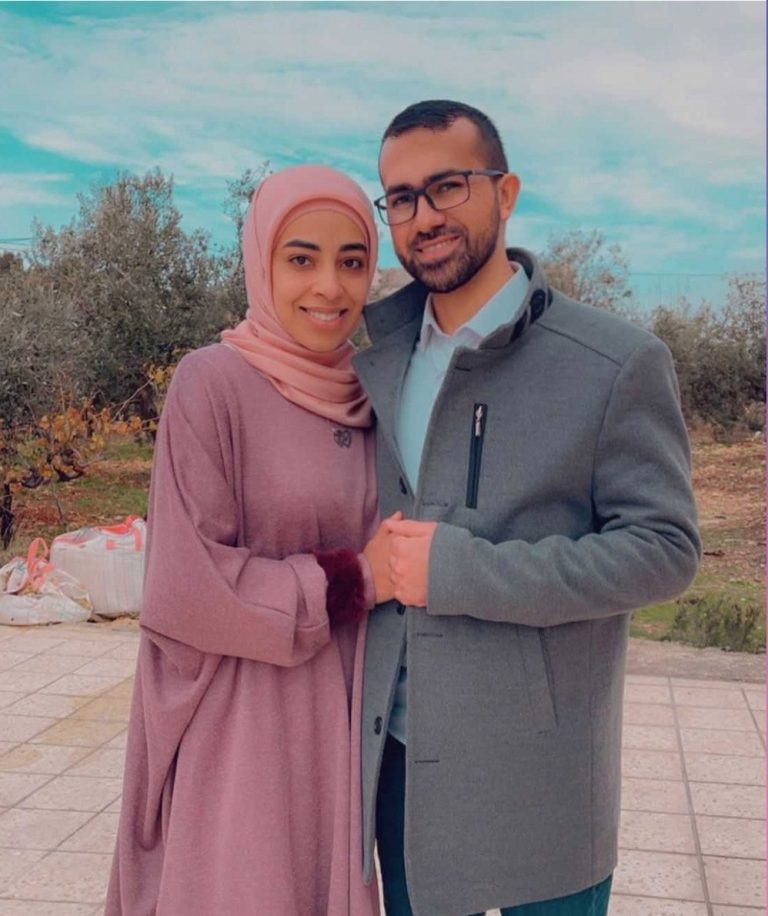
Rula Husseini and her husband Shadi Barghouti
Shadi Barghouti, the husband of journalist Rula Husseini He added that during the raid on their house, Israeli forces bound her hands and blindfolded her before dragging her into a military vehicle.
Husseini requested to take Ilya with her to prison and explained the child’s health condition to the Israeli officers, but her request was denied.
Suffering from Dehydration
Hours after the arrest, Ilya started suffering from dehydration. She didn’t consume any form of nutrition, and doctors had to administer intravenous nutrition.
Barghouti said, “Our lives turned upside down in an instant… Everything became gloomy, and my daughter was crying and screaming in front of me without me being able to help her.”
Israel Refused Medication Request
Husseini has her own health complications: she was diagnosed with chronic kidney disorder in 2017.
Her sister stated that she suffers from minimal change disease, which requires her to visit the doctor every two weeks and undergo regular tests.
Hadeel Husseini said, “We were able to see her during her trial session a week after her arrest. She was extremely tired, showing signs of exhaustion, lack of sleep, and food… I tried to wave my hand to her, but the guards prevented me and pushed me back.”
Initially taken to an army camp, Husseini was later transferred to the notorious Sharon Prison in the occupied West Bank, where Palestinian women are held.
Her sister mentioned that the Israeli authorities refused Husseini’s request to bring essential medication with her and held her in poor conditions.
Hadeel explained that there are no mattresses or blankets in the cell, and she only receives one poorly cooked cold meal a day.
Husseini was later transferred to Damon Prison, under similar poor conditions and food shortages.
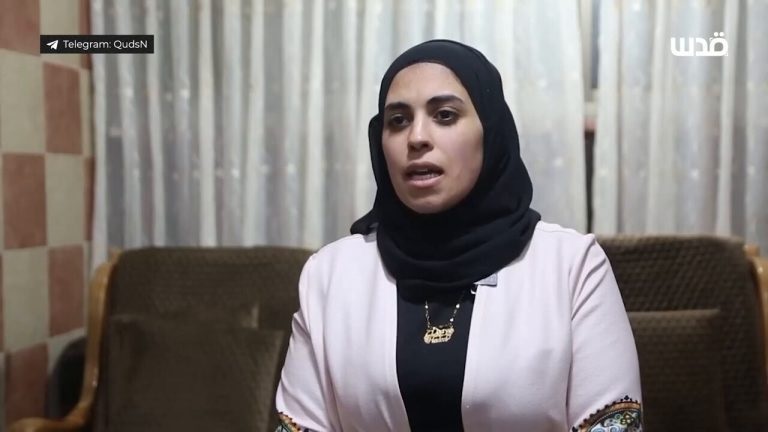
“Alarming” Rise in the Number of Female Detainees
In recent months, Israel has rapidly increased its arrests of Palestinian women, including journalists, lawyers, and activists—many of whom are mothers—on charges of widespread incitement.
According to the Palestinian Prisoners Club, the number of female prisoners reached 74 after the arrests of journalists Asmaa Hreish and Khadeeja Halawa, the mother of a Palestinian martyr, during a pre-dawn raid on Wednesday in Ramallah.
A “Terrifying” Scale of Arrests
Amani Sarahna, spokesperson for the Progressive Socialist Party, said the scale of arrests since the start of the war on Gaza has been “terrifying.”
She added that such numbers of detainees in such a short period have not been recorded in decades.
The total number of Palestinian prisoners in Israeli occupation prisons is 9,100, with about 8,000 prisoners detained since October 7.
Sarahna pointed out that incitement charges are among the most common charges faced by Palestinian detainees, and if not proven, they are transferred to administrative detention, which is renewable.



